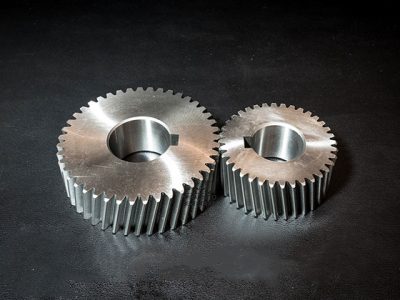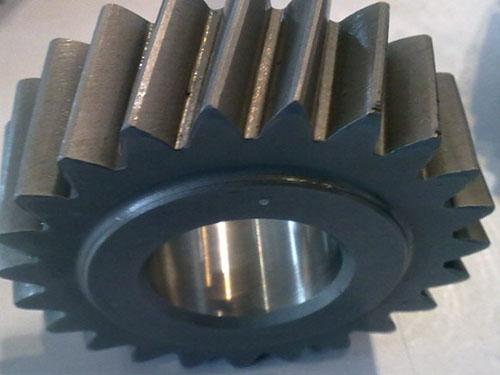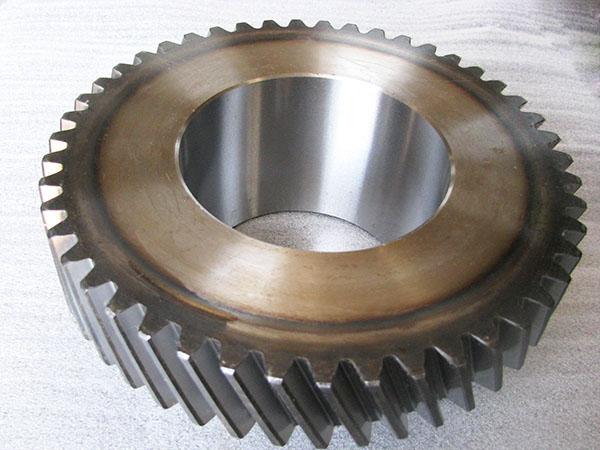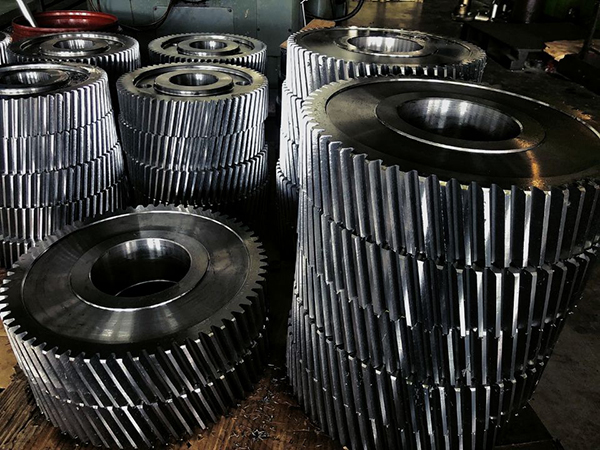Products

Helical Gears
Different with spur gears, which feature teeth that are parallel to the axis of the gear, helical gears have teeth that are cut at an angle. During the engagement of the teeth, contact begins at one end of the tooth, and then spreads gradually throughout rotation, until full mesh is achieved. The teeth of the helical gears then gradually exit mesh in the same manner.The benefit of helical gears is that this gradual engagement results in smoother and quieter gear operation, as compared to spur gears.
Product Specifications:
| Material | C45,1045,42CrMnTi,20CrMnTi,2HT200,HT250,QT400-18,QT400-15,Acetal/Delrin,Alloy,Steel,Aluminum,Brass, Bronze, Carbon Steel, Ductile Iron, Gray Cast Iron, Nylo, Plastic, Phenolic, Polycarbonate, Polyester, Stainless Steel etc. |
| Modulus | 0.5-25 |
| Accuracy | DIN Class 6, ISO/GB Class 6, AGMA Class 13, JIS Class 2 |
| Standard | DIN, ISO/GB, AGMA, JIS |
| Heat treatment | Quenching and tempering, gear teeth induction quenching, nitriding, carburizing |
| Application | automotive, electronics, textiles, printing, packaging, medical equipment, food processing ,wind power, chemical, and pneumatics |
| Shaft length | Max 1600mm. |
Capabilities of Gears:
Item | Helical gear | ||
Milled | Shaped | Ground | |
Max O.D. | 1600mm | ||
Max Face Width(mm) | 500 | ||
Helix Angle | 15°,21.5°,35°,45° | ||
Max DP | 1 | 3.18 | |
Max Module(mm) | 25 | 8 | |
AGMA/ DIN Level | DIN Class 8 | DIN Class 6 | |
Tooth Finish | Ra 3.2 | Ra 0.6 | |
Max Helix Angle | ±22.5° | ±45° | |



